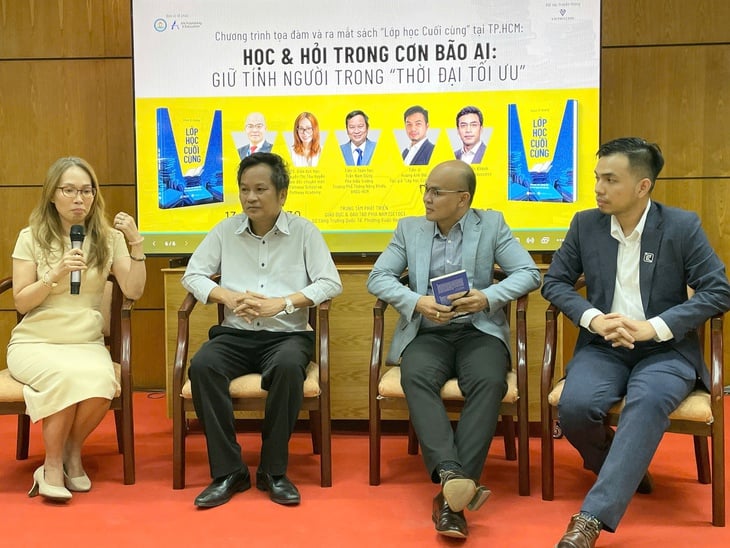
From left to right: Educationist Nguyen Thi Thu Huyen; Mathematics Doctor Tran Nam Dung; Teacher Ngo Thanh Nam and Doctor Hoang Anh Duc - Photo: HO NHUONG
“This is a big challenge for education in the technology age,” said Dr. Hoang Anh Duc, author of the book The Last Class .
Addiction to 'quick rewards' weakens thinking
Dr. Hoang Anh Duc believes that learning in the AI era has become more difficult not only because of the increased amount of knowledge, but also because the way people receive and process information has changed.
The abstract nature of many subjects, especially mathematics, makes it difficult for students to visualize and lacks a connection between theory and practice.
Besides, the teaching method still focuses on memorizing formulas instead of understanding the essence, lacking personalization according to each student's ability and orientation, while the time for experience, practice and creative thinking is limited.
He argues that the AI era creates a problem similar to the one that Google created: people are losing interest in being proactive. When AI provides instant answers, learners skip the entire thought process, which is the important part of forming thinking.
“We are used to “quick rewards”, the feeling of joy as soon as we receive results, from which the brain is programmed to constantly seek ease, endurance decreases, and the ability to solve long-term problems is affected,” Mr. Duc commented.
Educationist Dr. Nguyen Thi Thu Huyen said that through international forums and exchanges, she realized an important thing: in this world , anything achieved too quickly and too easily comes at a price. For example, when using technology to support learning, if the answer comes too easily, we will lose the opportunity to remember and understand deeply.
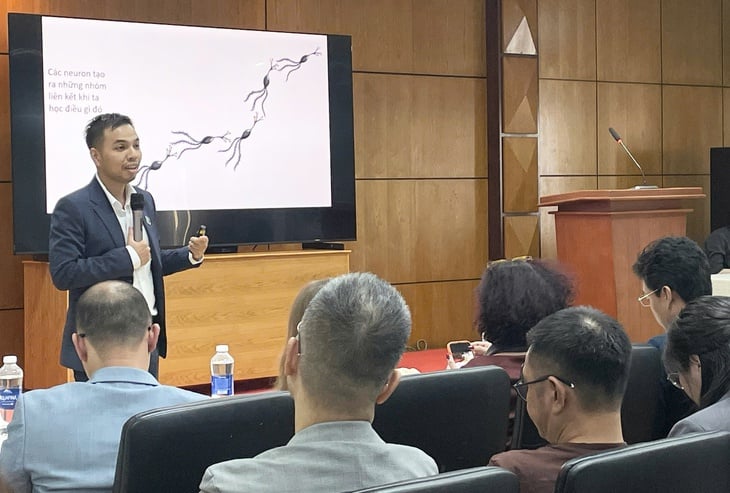
Dr. Hoang Anh Duc believes that dependence on AI is increasingly creating a "mental debt" when people believe that information is always available - Photo: HO NHUONG
AI is not the problem, method is the key
Mr. Ngo Thanh Nam - Principal of B.School - believes that technology, especially AI, only reveals more clearly the core problem: it is not the technology's fault, but the fault in the way we approach and prepare.
He shared that in the past, when assigning a task to teachers or staff, it took several days to complete. But now, thanks to AI tools, it only takes 10-20 minutes to get results. He realized that if this situation continues, it will be worrying whether teachers will be able to write a message to parents - because these are very human tasks.
Mathematician Dr. Tran Nam Dung - Vice Principal of the High School for the Gifted, Ho Chi Minh City National University - said that the reality is that many students tend to cope when there are too many technological support tools to complete their assignments quickly without having to think for themselves.
Therefore, the most important thing is not that we try to "plug" every loophole or manage too tightly, but to help students understand that exercises are to train their thinking, to prepare their ability to solve problems later.
In addition, we must also recognize that in each class, there will be students who understand quickly, and there will be students who learn more slowly. Therefore, the way of organizing teaching must also be flexible. Nowadays, with technology, we can completely require students to submit assignments online, present solutions on the screen, and allow groups to exchange and give feedback.
Not only does this help reduce cheating, it also helps students understand that learning is a process of interaction, reflection, seeing how others do things, and adjusting their own thinking.
“I think technology always brings many benefits, but the first thing is that we must explain to students the true value of learning, not just completing tasks. When they understand the purpose of what they are doing, they will be much more proactive,” said Mr. Dung.
Learning must go hand in hand with experience.
According to educationist Dr. Nguyen Thi Thu Huyen, people will remember longer what is associated with strong emotions. When students participate in emotional and meaningful activities, they will remember longer and understand more deeply.
“Knowledge is only truly remembered when it is applied, experienced and matured through practice. Therefore, the three principles: experience, emotion, and application are always true in learning,” from the research process to teaching practice in Vietnam, Ms. Huyen affirmed.
On the afternoon of November 15, the discussion program and book launch of The Last Class with the theme "Learning and Asking in the AI Storm: Preserving Humanity in the Optimization Era" organized by the Southern Center for Education and Training Development, Office of the Ministry of Education and Training took place with many multi-dimensional perspectives on teaching and learning in the AI era.
Mr. Le Thang Loi - Director of the Southern Center for Education and Training Development, Office of the Ministry of Education and Training - said that technology in general and artificial intelligence (AI) are having a profound impact on all areas of our lives.
“More than ever, we need a new mindset, new strategies and more importantly, instead of being too hasty or worried, we need to adapt, master and exploit it most effectively for our study, work and life,” Mr. Loi emphasized.
Source: https://tuoitre.vn/dau-la-thach-thuc-cho-giao-duc-trong-thoi-ai-20251115171139688.htm


![[Photo] Prime Minister Pham Minh Chinh meets with representatives of outstanding teachers](https://vphoto.vietnam.vn/thumb/1200x675/vietnam/resource/IMAGE/2025/11/15/1763215934276_dsc-0578-jpg.webp)




![[Photo] General Secretary To Lam receives Vice President of Luxshare-ICT Group (China)](https://vphoto.vietnam.vn/thumb/1200x675/vietnam/resource/IMAGE/2025/11/15/1763211137119_a1-bnd-7809-8939-jpg.webp)
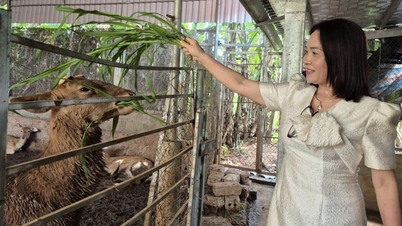

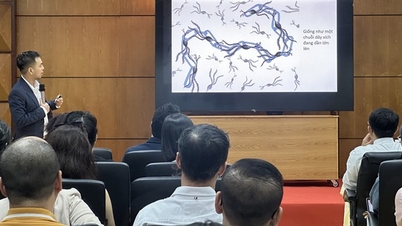

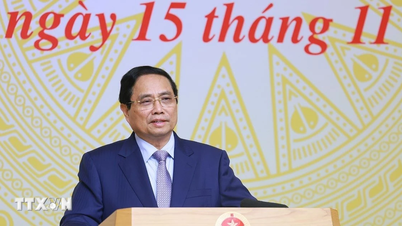

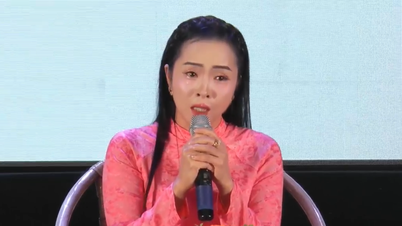



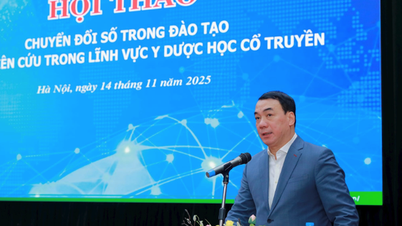






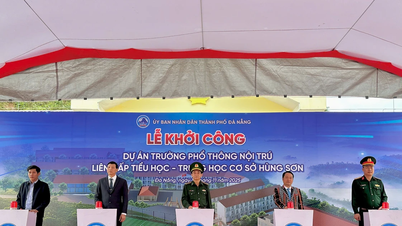














































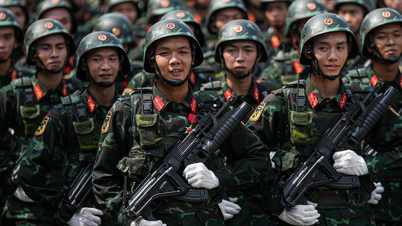


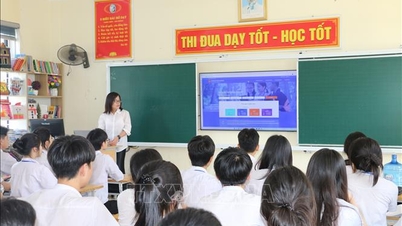



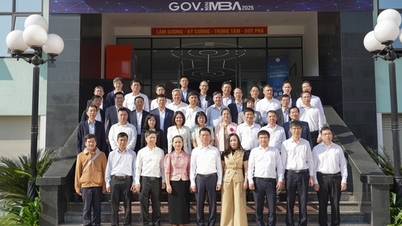



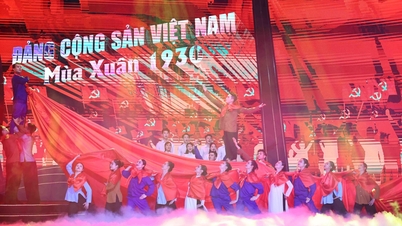



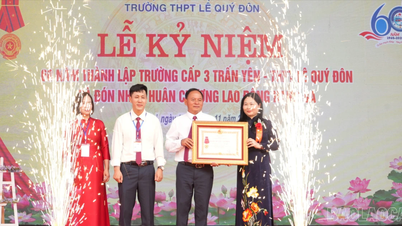



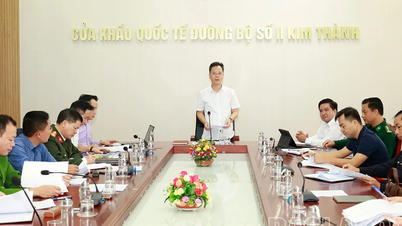
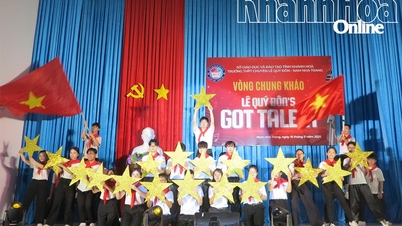
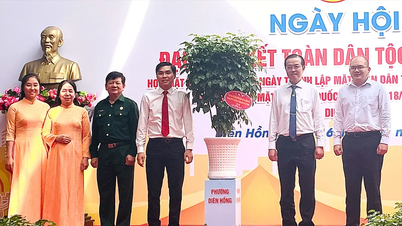















Comment (0)